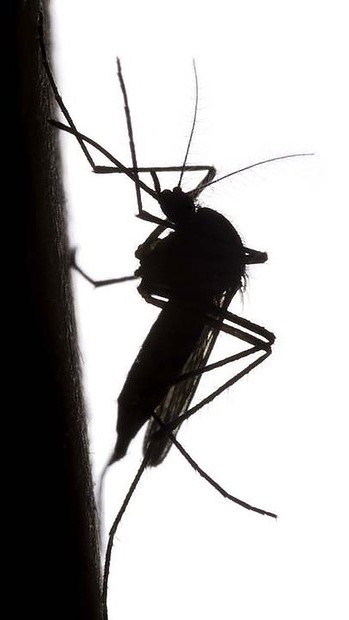Malaria work makes Eureka grade
 An Australian Museum annual science award - the Eureka Prize – has been awarded to work on drug resistance in malaria parasites.
An Australian Museum annual science award - the Eureka Prize – has been awarded to work on drug resistance in malaria parasites.
A world-leading team from the University of Melbourne was honoured with the prize described as the “Oscar of Science” over the weekend.
“All of these researchers - indeed all of the finalists - are making remarkable contributions towards the advancement of science and research in Australia, and I am delighted that their efforts are being recognised with these awards,” Australian Research Council (ARC) chief Dr Aidan Byrne said.
The research team led by Professor Leann Tilley won the Infectious Diseases Research prize for its work on resistance to artemisinin; the most commonly-used frontline malaria treatment.
Artemisinin resistance is a looming global health crisis, with the World Health Organisation confirming multi-drug resistance in five countries: Thailand, Laos, Myanmar, Vietnam and Cambodia.
“Malaria already kills nearly half a million children each year,” Professor Tilley said.
“As multi-drug resistance spreads, we risk wiping out the gains the world has made in fighting the disease, with potentially catastrophic results for children living in South-East Asia — as well as Africa, where the disease is endemic.”
The multidisciplinary team draws together experts Professor Tilley (an expert in the biochemistry and cell biology of malaria), computational biologist Dr Nick Klonis, Associate Professor Julie Simpson, who worked on synthesising and translating mathematical modelling data, and mathematical biologist Associate Professor James McCaw.
Artemisinin damages proteins, but the team has discovered that resistant parasites are better at repairing the damage.
They homed in on proteasomes — enzymes that act as disposal units within cells. When this recycling function is blocked, the efficacy of artemisinins against malaria parasite is restored.
Some cancer drugs also target proteasomes to stop cancers spreading.
“We’ve found that some cancer drugs already on the market have excellent antimalarial activity and are highly effective in combination with artemisinin,” Professor Tilley said.
“This has led us to a new line of drug discovery, and we’re looking at libraries of compounds developed as anticancer agents to try to find a drug that specifically targets the malaria parasite.”
The team also developed a mathematical model that predicts how sensitive and resistant parasites respond to the drug in patients.
“Our model predicts that extending the current 3-day treatment to 5 days would restore the efficacy of artemisinin against resistant parasites,” Professor Tilley said.
“This could buy us time to develop new antimalarials.”
This was just one category in the Eureka Prize – a full list of winners and their projects is accessible here.







 Print
Print